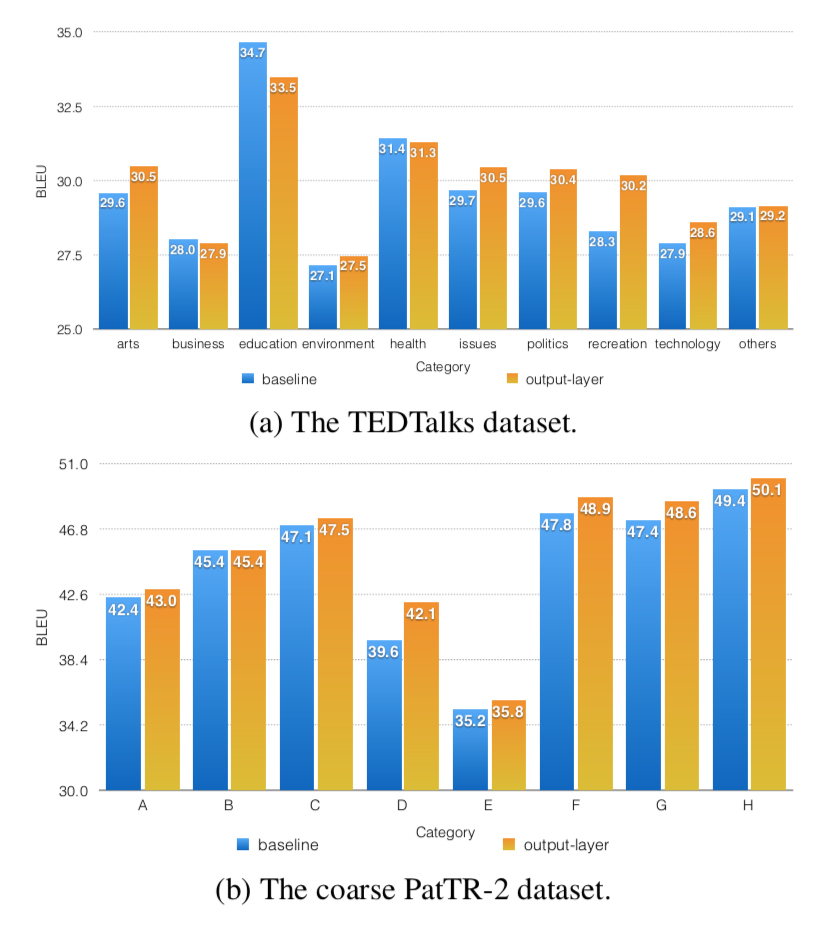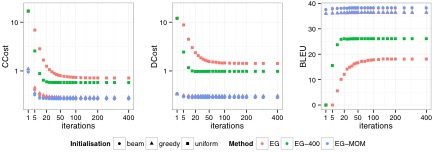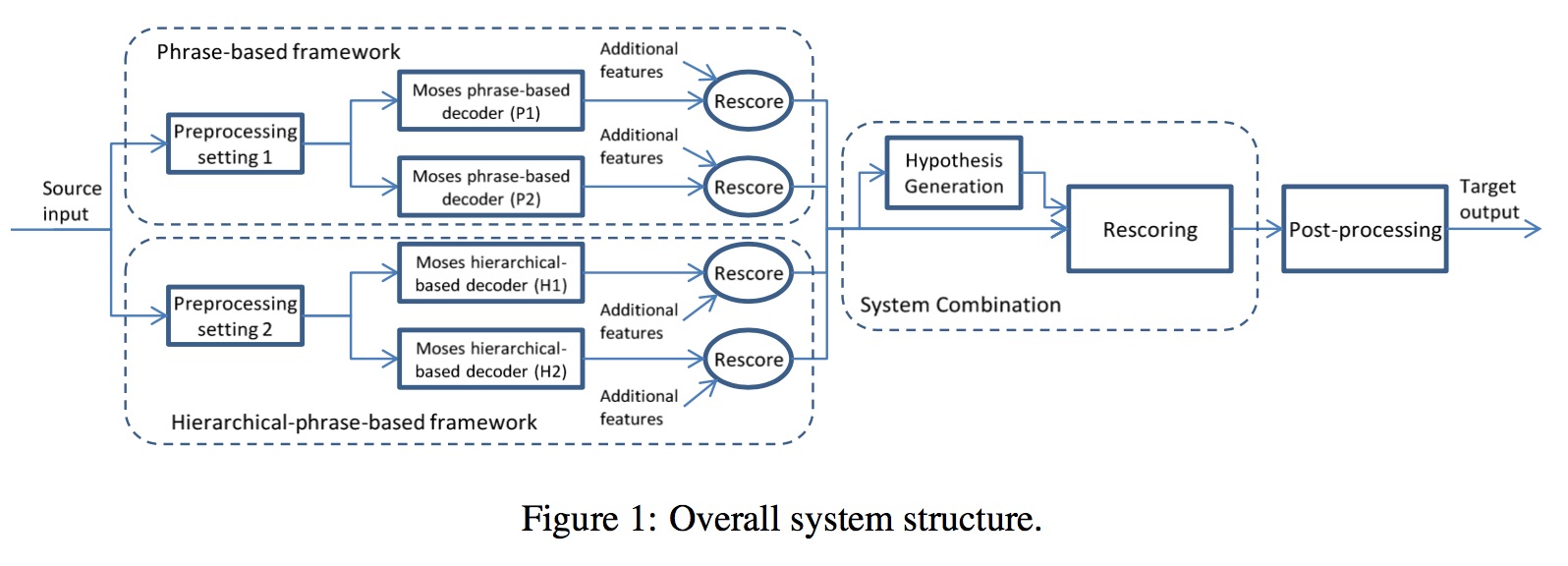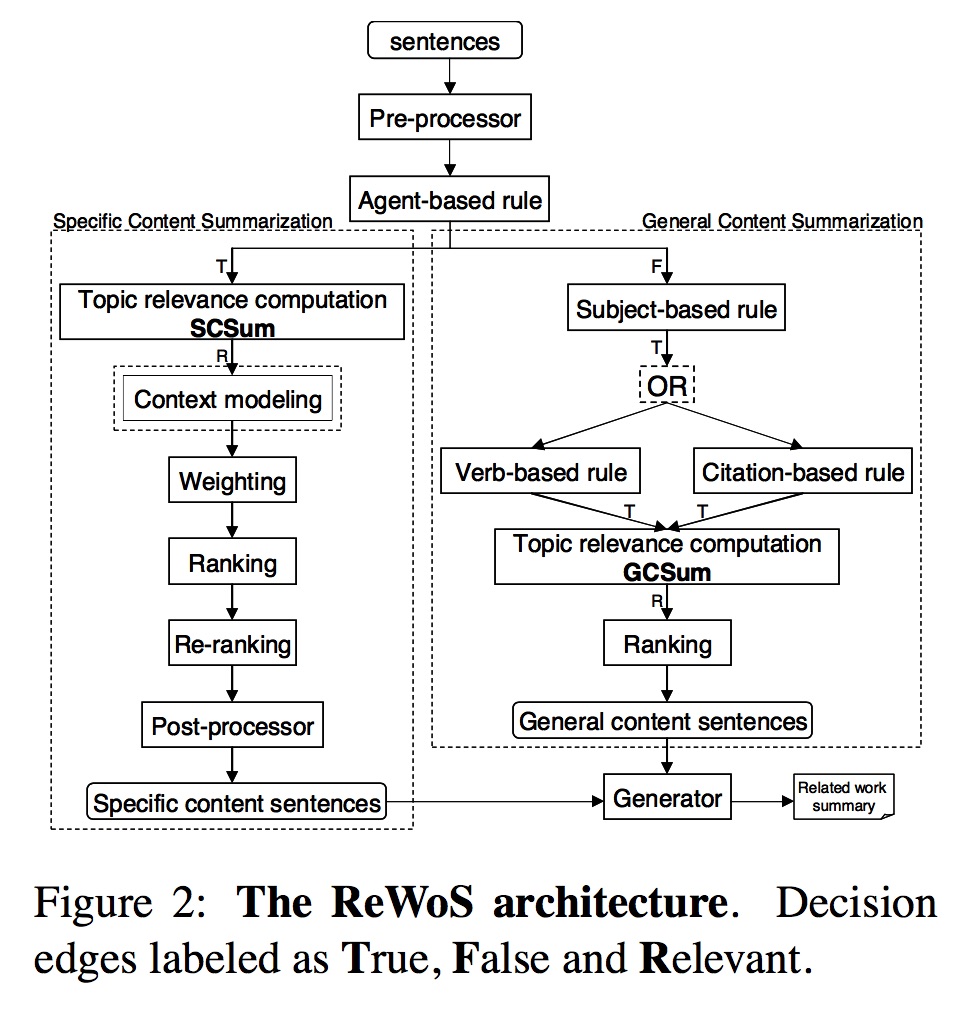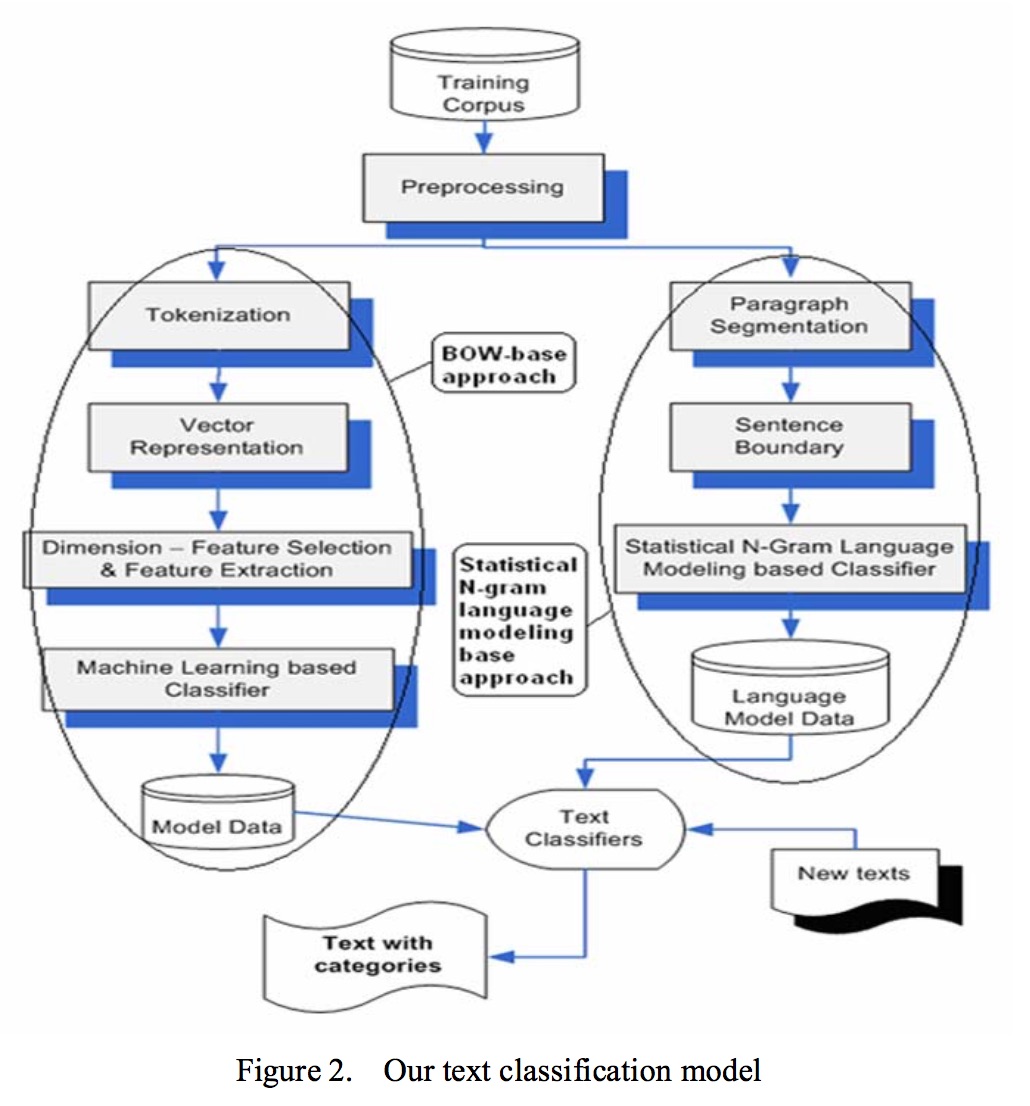
Papers
The science of today is the technology of tomorrow.
—Edward Teller
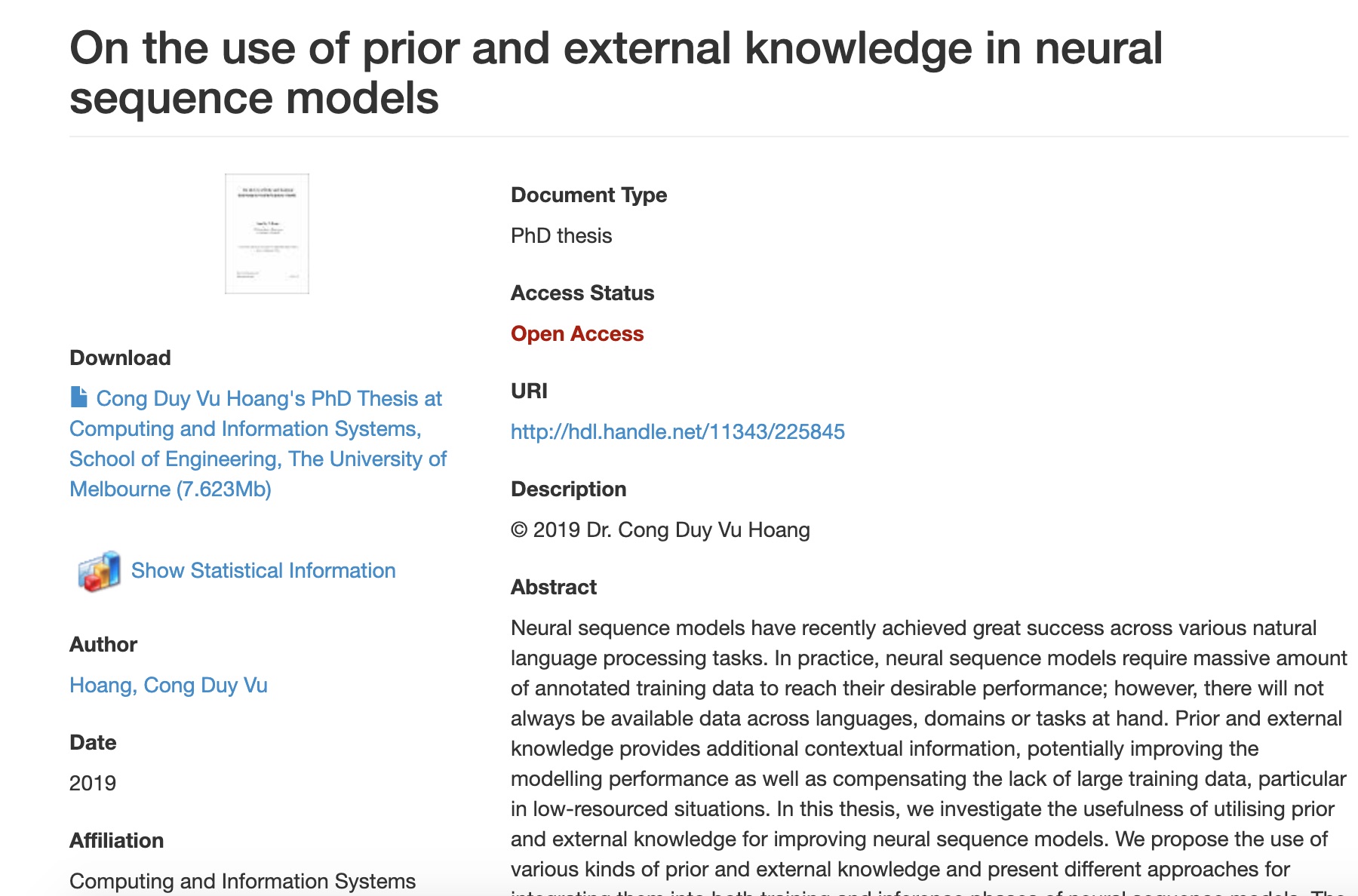
On the Use of Prior and External Knowledge in Neural Sequence Models
PhD Thesis, The University of Melbourne, VIC, Australia. 2019.
Abstract
PhD Thesis, The University of Melbourne, VIC, Australia. 2019.
Abstract
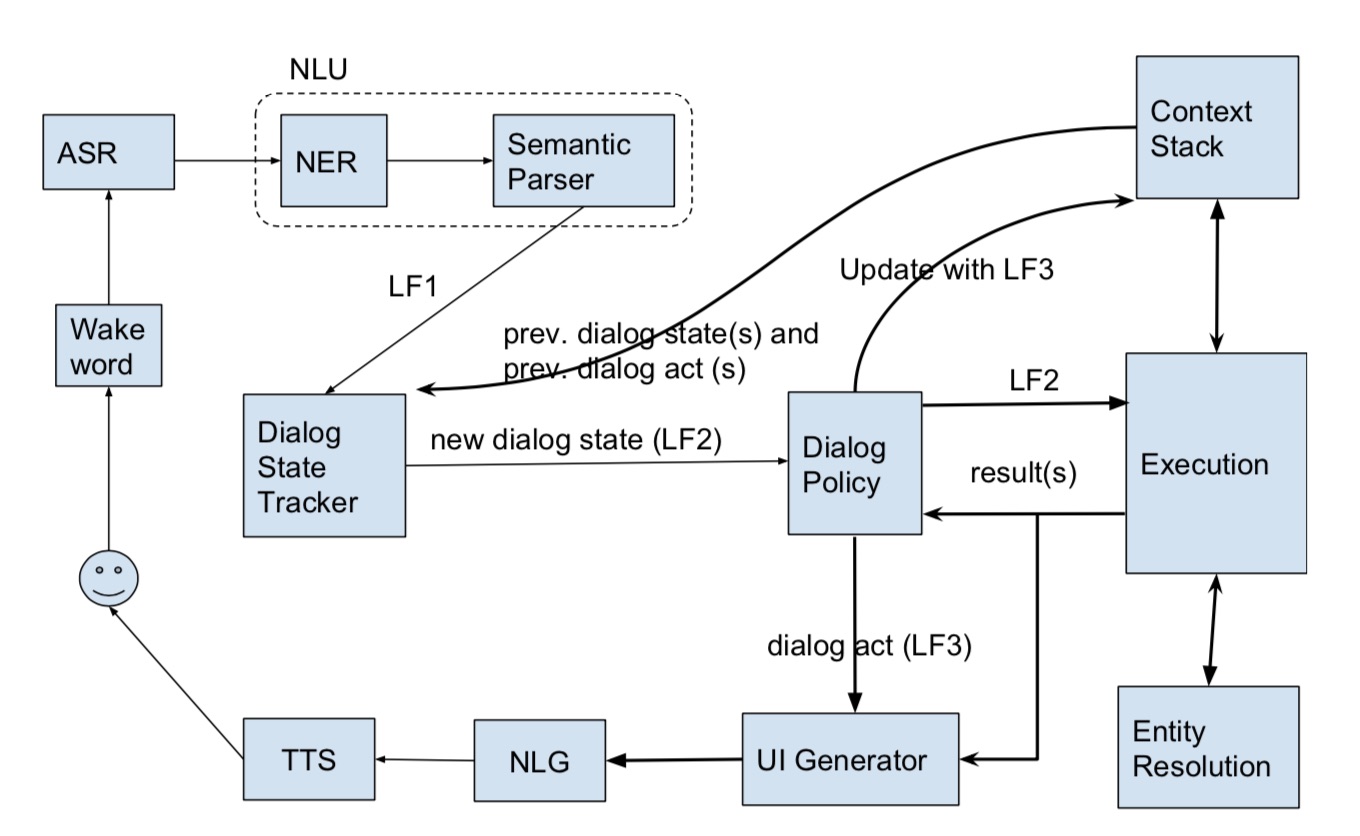
An Adaptable Task-oriented Dialog System for Stand-alone Embedded Devices
Long Duong, Vu Cong Duy Hoang, Tuyen Quang Pham, Yu-Heng Hong, Vladislavs Dovgalecs, Guy Bashkansky, Jason Black, Andrew Bleeker, Serge Le Huitouze, Mark Johnson. In Proceedings of Annual Meeting of the Association for Computational Linguistics (ACL-19) (System Demonstrations), 2019.
Abstract Video
Long Duong, Vu Cong Duy Hoang, Tuyen Quang Pham, Yu-Heng Hong, Vladislavs Dovgalecs, Guy Bashkansky, Jason Black, Andrew Bleeker, Serge Le Huitouze, Mark Johnson. In Proceedings of Annual Meeting of the Association for Computational Linguistics (ACL-19) (System Demonstrations), 2019.
Abstract Video

Moment Matching Training for Neural Machine Translation - A Preliminary Study
Cong Duy Vu Hoang, Ioan Calapodescu, Marc Dymetman. In arXiv preprint, 2018.
Abstract
Cong Duy Vu Hoang, Ioan Calapodescu, Marc Dymetman. In arXiv preprint, 2018.
Abstract
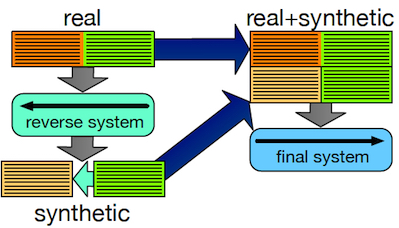
Iterative Back-Translation for Neural Machine Translation
Cong Duy Vu Hoang, Philipp Koehn, Gholamreza Haffari and Trevor Cohn. In Proceedings of The 2nd Workshop on Neural Machine Translation and Generation associated with ACL 2018 (long, poster), 2018.
Abstract
Cong Duy Vu Hoang, Philipp Koehn, Gholamreza Haffari and Trevor Cohn. In Proceedings of The 2nd Workshop on Neural Machine Translation and Generation associated with ACL 2018 (long, poster), 2018.
Abstract
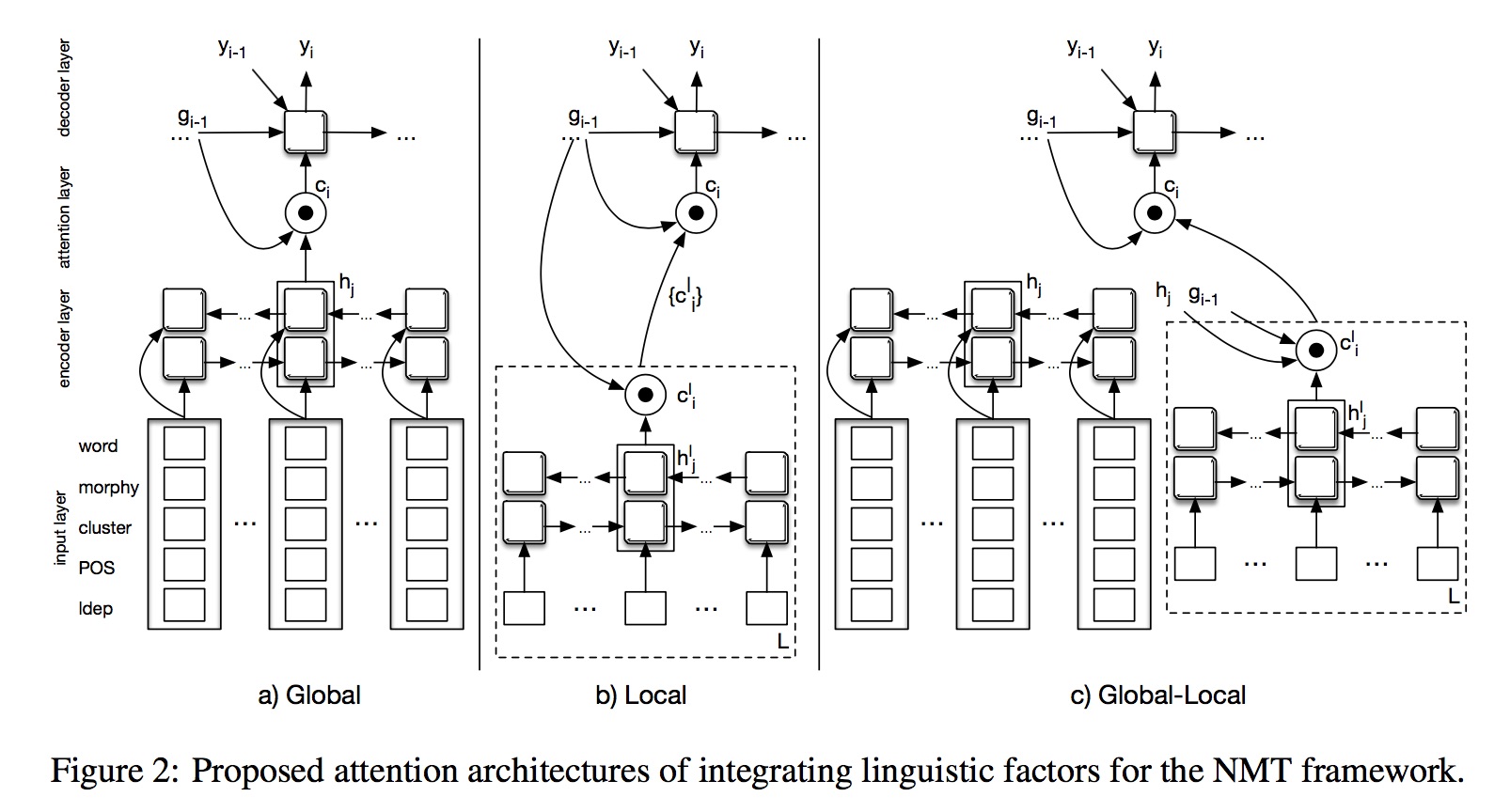
Improving Neural Translation Models with Linguistic Factors
Cong Duy Vu Hoang, Gholamreza Haffari and Trevor Cohn. In Proceedings of The 14th Annual Workshop of The Australasian Language Technology Association (ALTA'16) (long, oral) (best paper award), 2016.
Abstract
Cong Duy Vu Hoang, Gholamreza Haffari and Trevor Cohn. In Proceedings of The 14th Annual Workshop of The Australasian Language Technology Association (ALTA'16) (long, oral) (best paper award), 2016.
Abstract
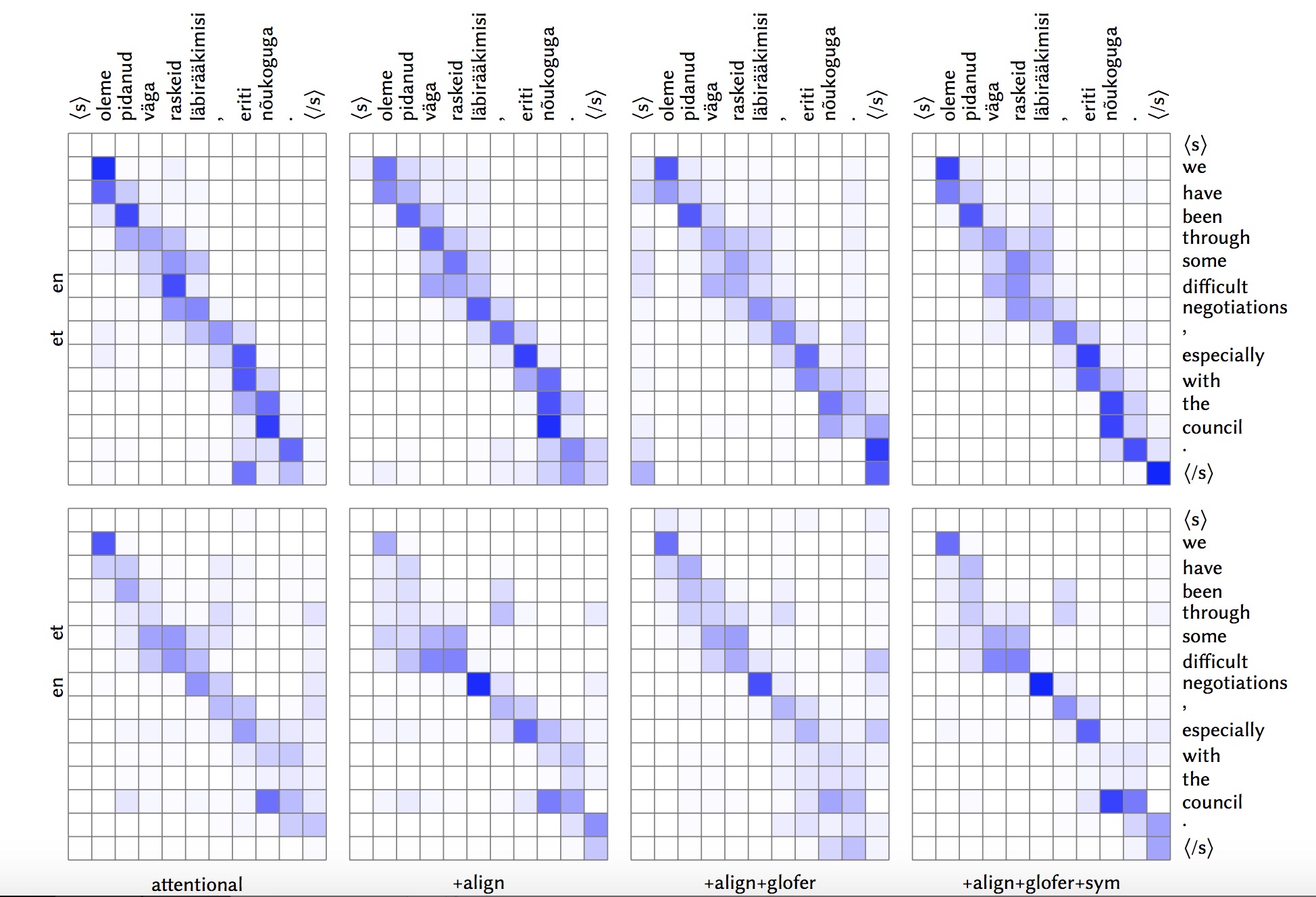
Incorporating Structural Alignment Biases into an Attentional Neural Translation Model
Trevor Cohn, Cong Duy Vu Hoang, Ekaterina Vylomova, Kaisheng Yao, Chris Dyer and Gholamreza Haffari. In Proceedings of The 15th Annual Conference of the North American Chapter of the Association for Computational Linguistics - Human Language Technologies (NAACL-HLT'16) (long), 2016.
Abstract Code
Trevor Cohn, Cong Duy Vu Hoang, Ekaterina Vylomova, Kaisheng Yao, Chris Dyer and Gholamreza Haffari. In Proceedings of The 15th Annual Conference of the North American Chapter of the Association for Computational Linguistics - Human Language Technologies (NAACL-HLT'16) (long), 2016.
Abstract Code
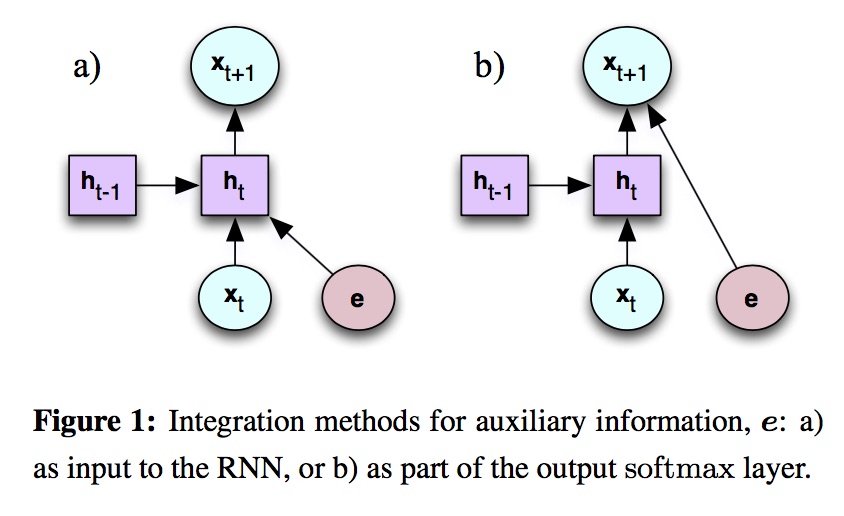
Incorporating Side Information into Recurrent Neural Network Language Models
Cong Duy Vu Hoang, Gholamreza Haffari and Trevor Cohn. In Proceedings of The 15th Annual Conference of the North American Chapter of the Association for Computational Linguistics - Human Language Technologies (NAACL-HLT'16) (short), 2016.
Abstract Code
Cong Duy Vu Hoang, Gholamreza Haffari and Trevor Cohn. In Proceedings of The 15th Annual Conference of the North American Chapter of the Association for Computational Linguistics - Human Language Technologies (NAACL-HLT'16) (short), 2016.
Abstract Code
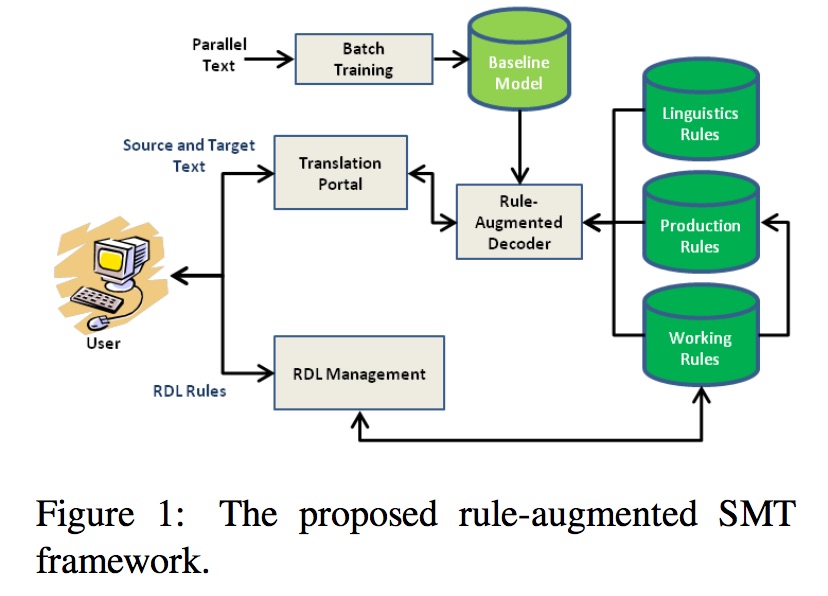
A Rule-Augmented Statistical Phrase-based Translation System
Cong Duy Vu Hoang, AiTi Aw, Hong-Nhung Nguyen-Thi. In Proceedings of Annual Meeting of the Association for Computational Linguistics (ACL-14) (System Demonstration Track), 2014.
Abstract
Cong Duy Vu Hoang, AiTi Aw, Hong-Nhung Nguyen-Thi. In Proceedings of Annual Meeting of the Association for Computational Linguistics (ACL-14) (System Demonstration Track), 2014.
Abstract
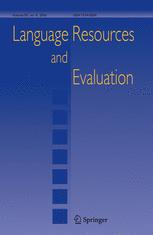
Perspectives on Crowdsourcing Annotations for Natural Language Processing
Aobo Wang, Cong Duy Vu Hoang, Min-Yen Kan. In Language Resources and Evaluation Journal (JLRE), 2013.
Abstract
Aobo Wang, Cong Duy Vu Hoang, Min-Yen Kan. In Language Resources and Evaluation Journal (JLRE), 2013.
Abstract
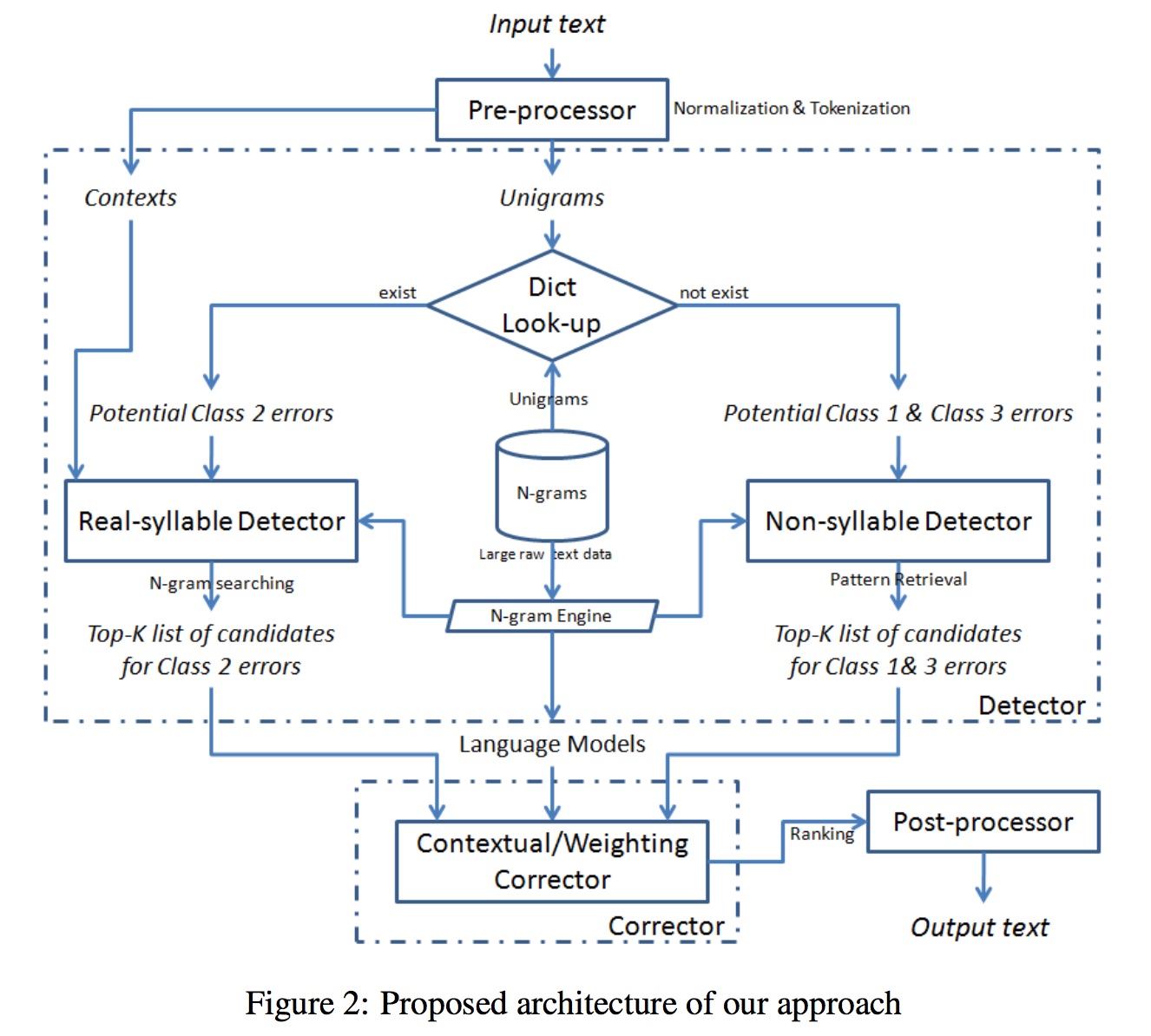
An Unsupervised and Data-Driven Approach for Spell Checking in Vietnamese OCR-scanned Texts
Cong Duy Vu Hoang, Ai Ti Aw. In Proceedings of the EACL'12 Workshop on Innovative Hybrid Approaches to the Processing of Textual Data (long), 2012.
Abstract
Cong Duy Vu Hoang, Ai Ti Aw. In Proceedings of the EACL'12 Workshop on Innovative Hybrid Approaches to the Processing of Textual Data (long), 2012.
Abstract
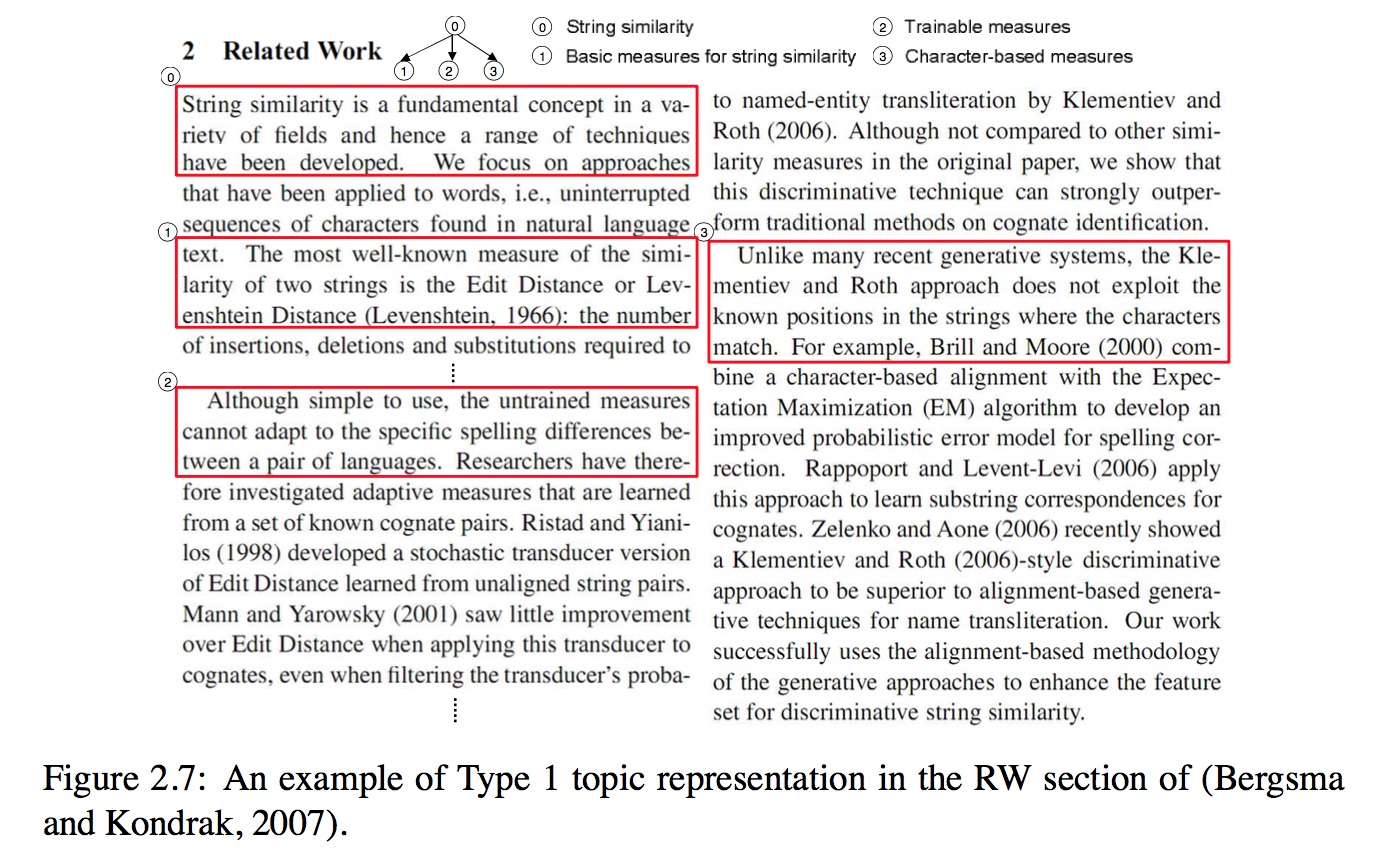
Towards Automated Related Work Summarization
Master's Thesis, National University of Singapore. 2010.
Abstract
Master's Thesis, National University of Singapore. 2010.
Abstract
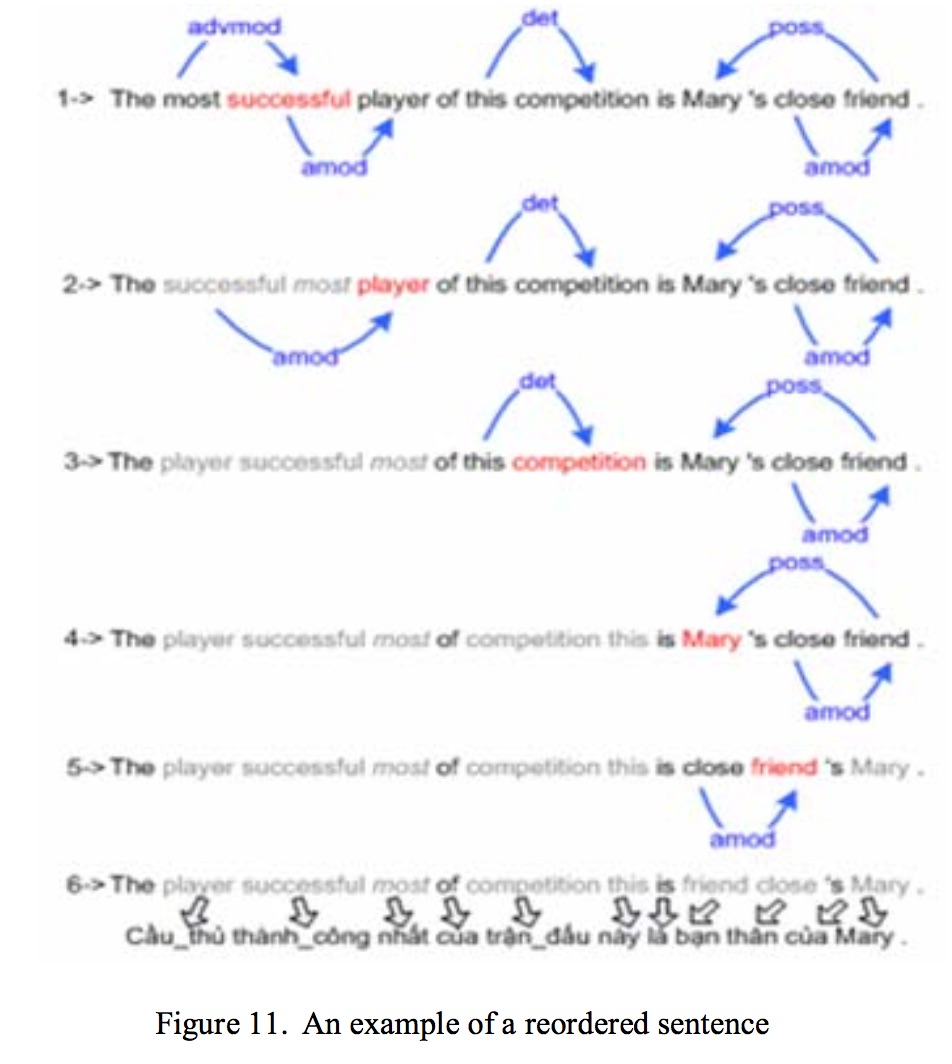
A Dependency-based Word Reordering Approach for Statistical Machine Translation
Cong Duy Vu Hoang, Mai Ngo, Dien Dinh. In Proceedings of IEEE International Conference on Research, Innovation and Vision for the Future (RIVF 2008) (long), 2008.
Abstract
Cong Duy Vu Hoang, Mai Ngo, Dien Dinh. In Proceedings of IEEE International Conference on Research, Innovation and Vision for the Future (RIVF 2008) (long), 2008.
Abstract
